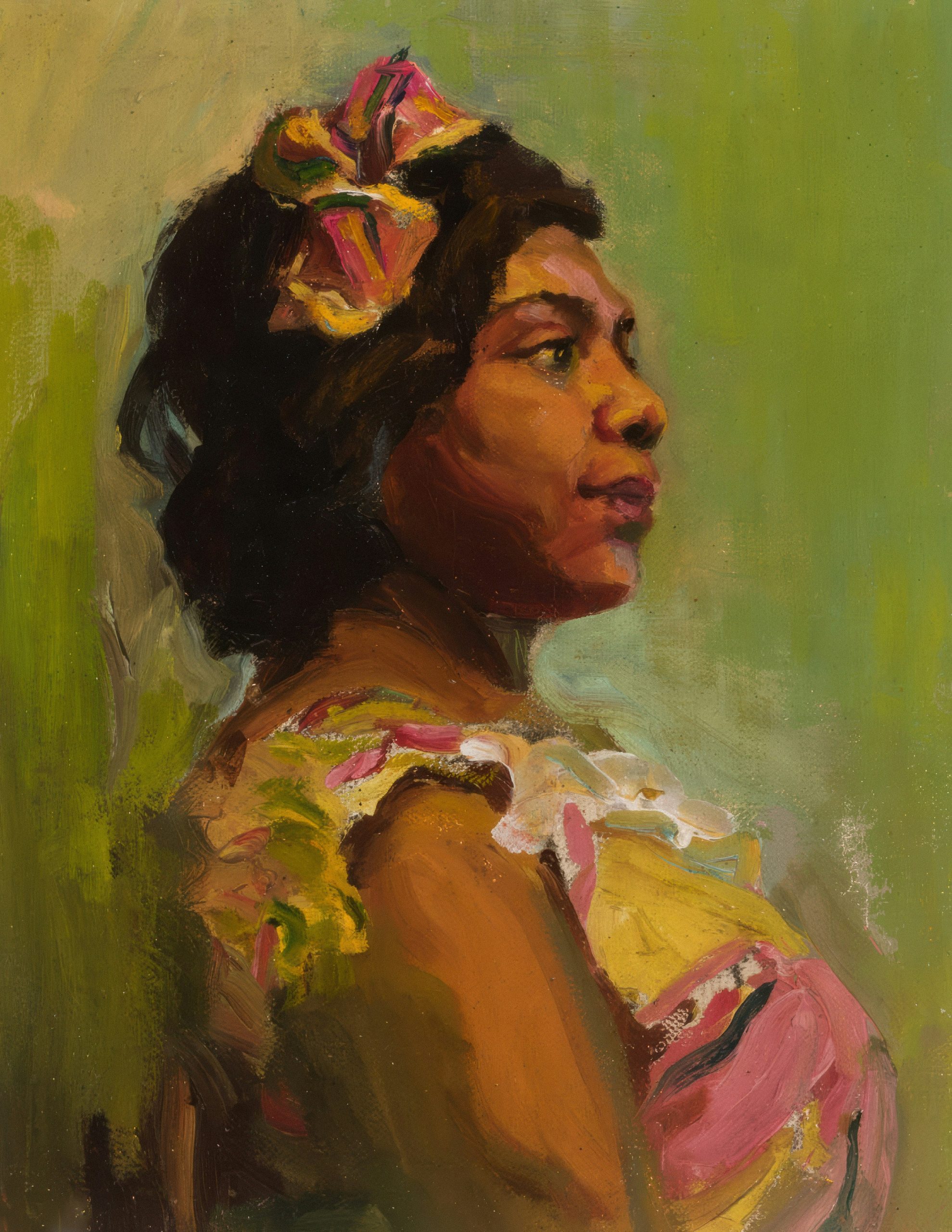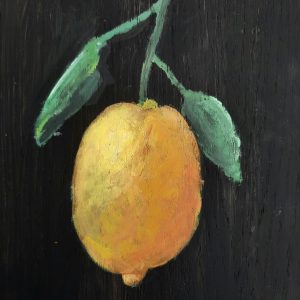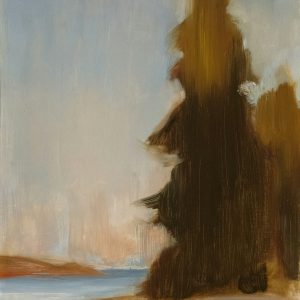Description
In the sleepy village of Santa Rosita, nestled between green mountains and humming coffee fields, lived a gentle woman named Alma. She had soft eyes like melted chocolate, hair always tied up, and a laugh that made flowers bloom brighter. Everyone in the village knew her simply as Señorita Alma, the English teacher. Alma had once lived far away in the city, studying languages and dreaming of becoming a translator. But when her mother fell ill, she returned to Santa Rosita and never left again. Life in the city had its sparkle, but Alma knew that her heart belonged to the simple rhythm of her village: the clink of the milkman’s cans, the church bells at noon, and the laughter of barefoot children chasing kites down dusty roads. With her savings, Alma turned an old mango warehouse into a classroom. The walls were painted sky-blue, the windows framed with bougainvillea. She filled the room with worn books, crayons, and posters of English words next to drawings of farm animals and fruit. But what she gave the children went far beyond vocabulary. “English,” she told them with a wink, “is not just a language—it’s a key. A key that opens stories, movies, songs, and even doors to dreams you didn’t know you had.” Her students—little ones with dirt on their knees and stars in their eyes—sat cross-legged on straw mats, repeating her every word with enthusiasm. Alma didn’t just teach them how to say “apple” or “hello.” She taught them how to write poems about the river that ran behind their school, how to send letters in English to pen pals across the sea, how to introduce themselves with pride. She made learning magical. Years passed, some of her first students became teachers themselves, or guides for tourists, or writers with stories in both Spanish and English. One girl, Clarita, who once stammered nervously when saying “good morning,” grew up to give speeches at international conferences. Whenever they returned to Santa Rosita, they came bearing gifts—not expensive ones, but things with meaning. A notebook from New York. A thank-you card written in perfect cursive. A photo of someone giving a TED Talk. And always, always, a hug. One sunny afternoon, as Alma sat under a jacaranda tree reading Charlotte’s Web, a group of former students arrived unannounced. They brought music, food, and tears of joy. “We wanted to thank you, Señorita,” said Clarita, now grown and confident. “You taught us English, yes. But more than that, you taught us to believe in ourselves.” Alma, eyes glistening, smiled and looked out at the mountains. The village still hummed with the same rhythm, but now, it sang in two languages—and with dreams that reached far beyond the horizon.





Reviews
There are no reviews yet.